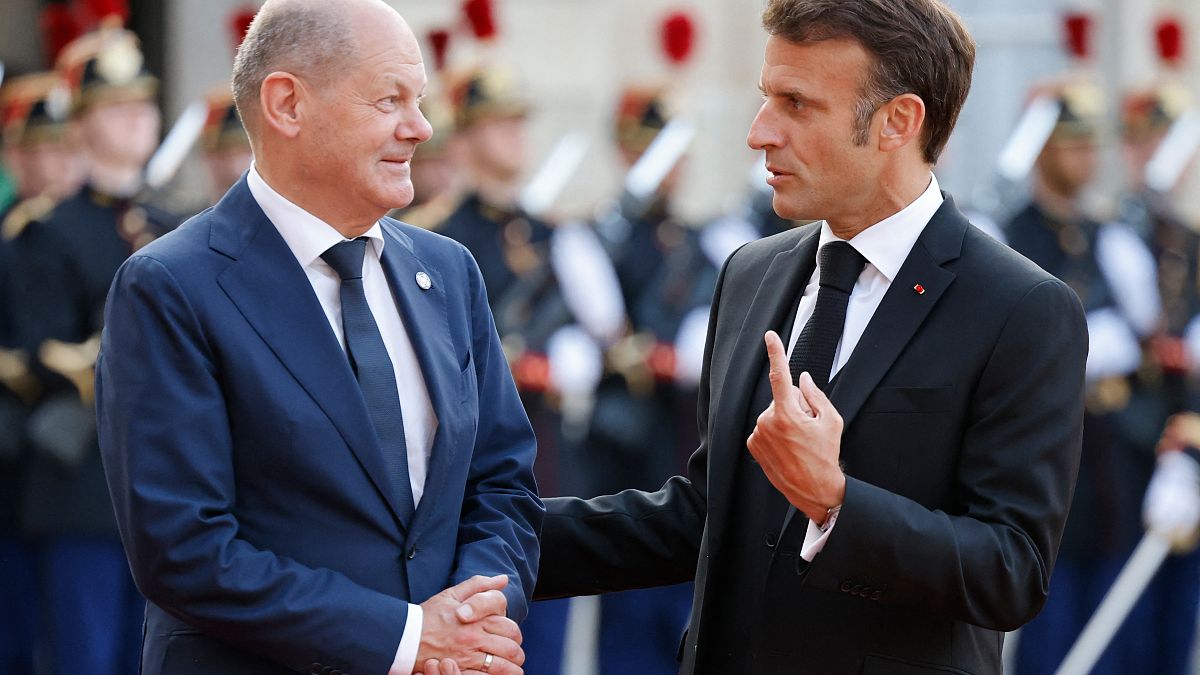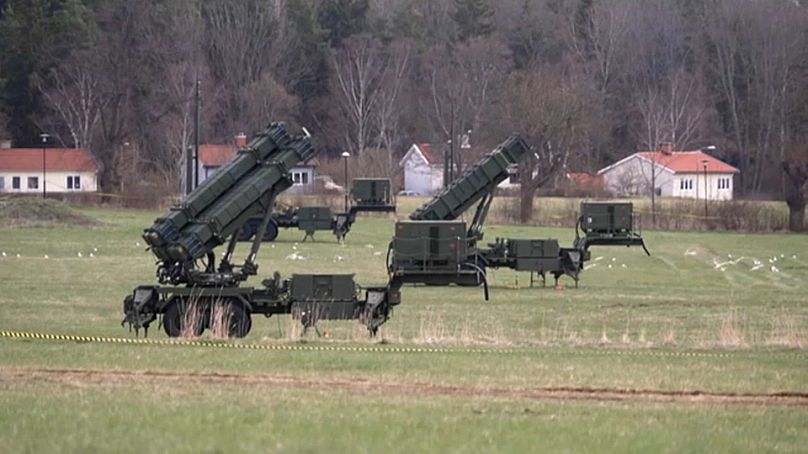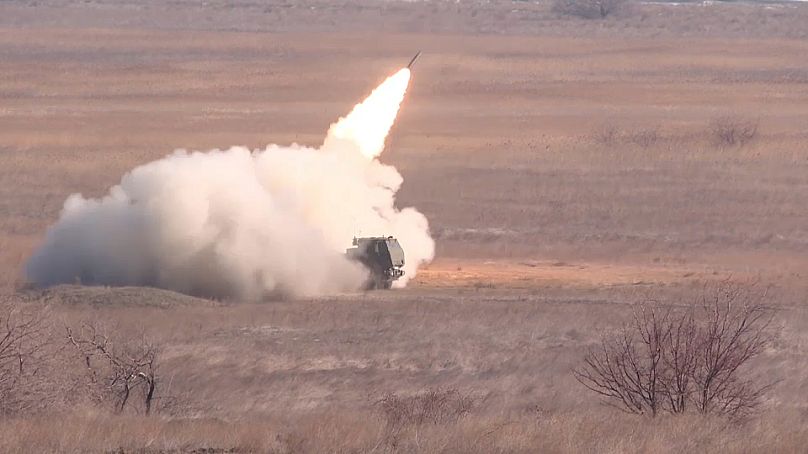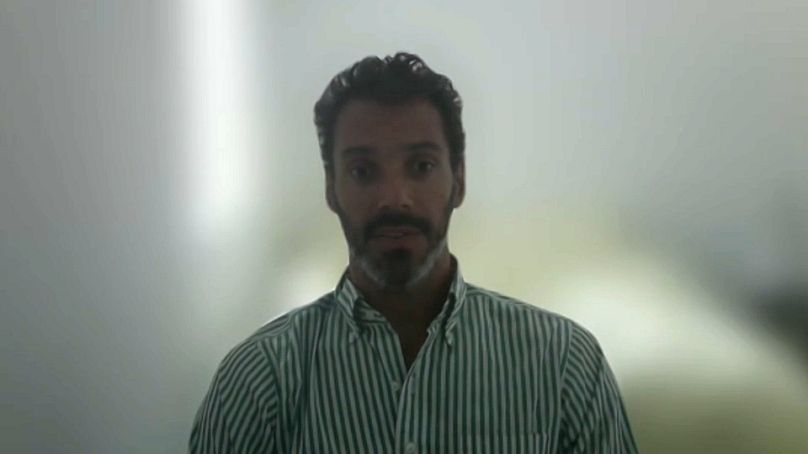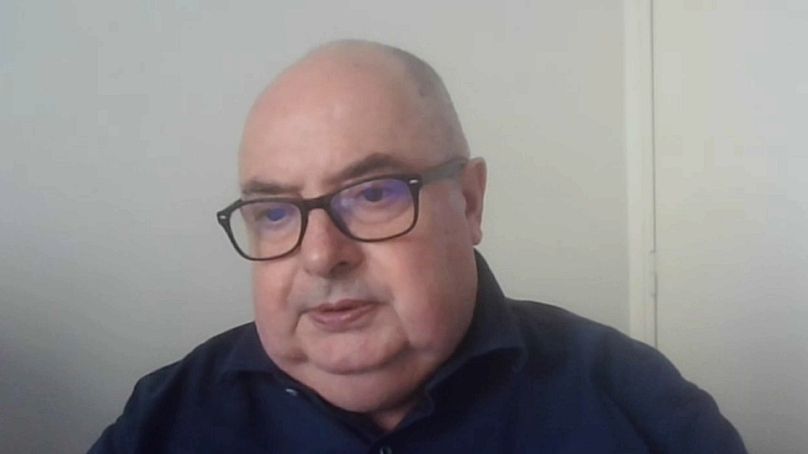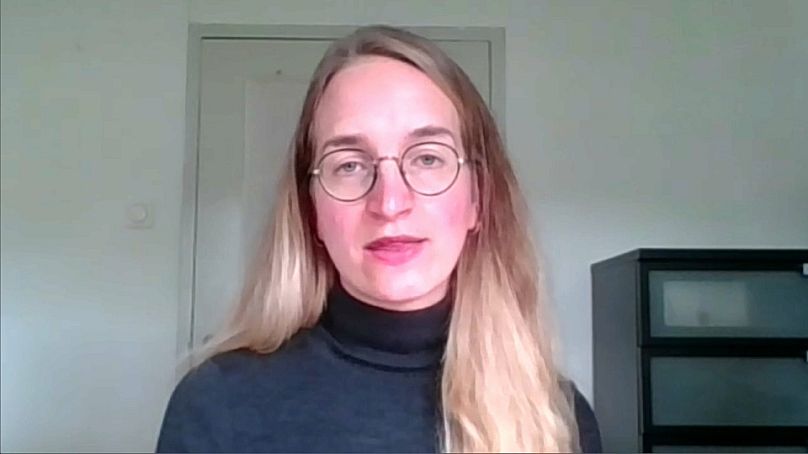France and Germany are leading two different approaches to defending Europe's skies from Russian missiles with both livelihoods and lives at stake.
As missiles and drones rain down on Ukrainian cities, Europe’s leaders are divided on how best to defend their own countries from Russian air attacks in the future.
France and Germany have emerged as the leaders of two factions with different views on the best equipment, systems and time-frame for development.
Berlin argues it is more pragmatic to invest in tried and tested solutions manufactured in the United States and Israel as well as in Germany.
Paris believes it is safer in the long-term to rely on technology developed in Europe including a system it has developed with Italy.
Germany has persuaded 16 European countries to join its European Sky Shield Initiative (ESSI) enabling them to use Raytheon’s Patriot missile batteries and Israel’s Arrow 3 system alongside Germany’s IRIS-T technology.
Other European nations including Belgium, Hungary, Italy, and Estonia are said to be backing the French approach and are prepared to use the Franco-Italian MAMBA air defence battery system.
Experts in France and Germany are divided on the relative merits of the two strategies.
Shahin Vallée, of the German Council on Foreign Relations, told Euronews: ‘The Germans said they had to act quickly, particularly because the Russian threat was growing, so they should not procrastinate too long and wait for a perfect agreement between Europeans, which could have given the impression that Germany and Europe were inactive.’
Jean-Pierre Maulny, Deputy Director of the International Institute for Strategic Relations, said building a reliance on systems manufactured outside Europe could store up problems for the future.
He said: ‘If we are extremely dependent on equipment manufactured outside the European Union, that can pose problems in terms of freedom of action. So the stakes are high, and I think we need to strike a sort of balance between the short term, which is more or less the German approach, and the long term, which is more the French approach.’
As has been seen in the international response to Ukraine’s appeal for munitions, the countries owning and operating tanks, aircraft and artillery pieces often had to receive permission to transfer them to Kyiv from the countries in which they were manufactured with different European partners willing to send arms at different times.
Some experts feel the divide between France and Germany on the air defence issue is less important than ensuring that all the systems work together in practice.
Lydia Wachs, international security researcher at the German Institute for International and Security Affairs said interoperability was key.
She said: ‘It's not necessary for all NATO countries to deploy the same systems. What is necessary, however, is for these systems to be interoperable and integrated within the same architecture.’
Air defence strategy is expected to be on the agenda at the NATO summit in Vilnius, Lithuania, on July 11, 2023.
